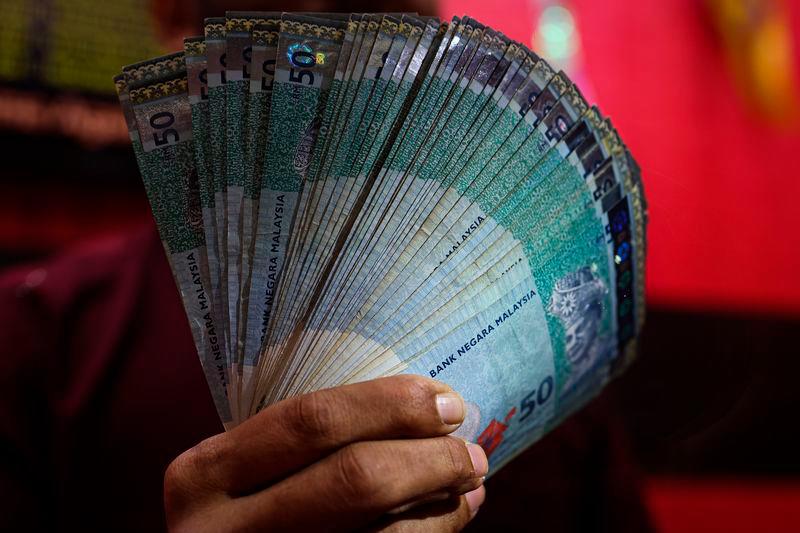PETALING JAYA: Despite the strengthening ringgit, the government must be vigilant, focus on domestic policies and continue with the promised fiscal reforms, said prominent economist and Global Labour Organisation Southeast Asia lead Prof Niaz Asadullah.
“The reforms include completing the rationalisation of petrol subsidies to build on the current momentum and sustain economic growth.”
He told theSun that just a year ago, there were doubts about Prime Minister Datuk Seri Anwar Ibrahim’s strategies to revive the economy and by February, the ringgit had dropped to its lowest point in 26 years.
However, Niaz said to his credit, Anwar, who is also finance minister, coordinated efforts with Bank Negara Malaysia to revive the ringgit by calling on Malaysian exporters, particularly government linked companies and government linked investment companies, to repatriate their overseas earnings and convert them into local currency.
“This repatriation of foreign earnings was a strategic move and provided temporary relief for the ringgit while setting the stage for broader economic recovery. Since then, several other things have changed in the country’s favour.
“Malaysia has attracted new investments in high value industries, such as digital technology and semiconductor fabrication. The Madani economy campaign also helped with fiscal reforms, such as subsidy rationalisation, civil service pension reform, higher service tax and a capital gains tax.”
He said these moves and the implementation of the Progressive Wage Policy (PWP) are likely to save costs and raise hope for productivity improvements in the coming years.
“This may explain why Malaysia’s GDP is projected to grow 5.8% in the second quarter of the year, exceeding official estimates.”
He said for global investors, the recent developments would boost business confidence as a stronger ringgit would attract foreign investors seeking stability.
“For Malaysians, the currency uptrend is particularly advantageous for industries reliant on imports of raw materials as the reduced costs translate to higher profit margins. Consumers will also benefit from increased purchasing power as inflationary pressures ease with cheaper food imports.”
Niaz said a stronger ringgit would help reverse the “imported inflation” experienced earlier this year.
However, the favourable foreign exchange rate is not unique to Malaysia as in anticipation of a potential rate cut by the US Federal Reserve, central banks around the world are expected to follow suit.
“Many currencies have strengthened against the US dollar, such as the Philippine peso and Thai baht.”
He said it is crucial for the government to manage the people’s discontent to avoid political instability.
He added that the ongoing subsidy cuts could worsen public dissatisfaction with economic reforms if they add to perceptions and experiences of high living costs.
“Rather than relying solely on cost reductions from a stronger ringgit, regulatory efforts must focus on ensuring reduced production costs translate to consumer benefits.
“Wage growth for ordinary citizens must be prioritised and effective implementation of the PWP is key. It is vital to assure the people that only regressive subsidies will be phased out while targeted social transfers will increase for those in need.”
He said the much publicised Central Database Hub created a fear of exclusion among low income Malaysians because they failed to register with it.
“Such challenges should have been anticipated and must be avoided in future reform efforts. While a strengthening ringgit presents opportunities, the government must navigate domestic and global factors to ensure sustained growth and stability.”









